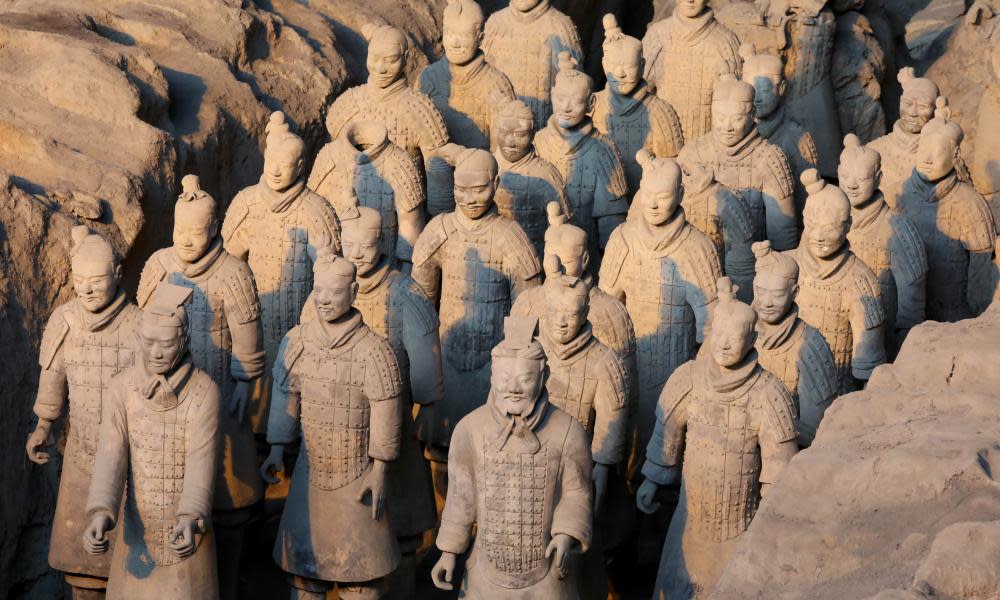A book that changed me: the elusive perfection of For the Time Being

Although Annie Dillard’s For the Time Being is probably my favourite book by a living writer, I tend not to recommend it to people, for the simple reason that I am not entirely sure what to say about it.
On those rare occasions when I have gone out on a limb and recommended it to a person, and that person has asked me what it is about, I have tended to say that it is “sort of about theodicy” – which is to say that it is concerned with the nature of evil, and with an attempt to vindicate God in the face of evil’s overwhelming presence in the world. At this point, the person will usually say something like “Oh right, sounds interesting, must look out for it,” and I will feel ashamed of my inability to do justice to, or even properly gesture toward, the genius of this strange and confounding book. I’ve been burned one too many times, and I mostly don’t even try any more.
But now here I am, having to at least attempt to account for it in the Guardian, and so I’d better give it a shot. And the best I can say, after no little reflection, is that the book is an attempt to answer the following questions: “What exactly is going on here? What are we humans even doing here? And what on earth does God think he is playing at, forcing us to live like this?”
That, said my friend, was what Dillard was up to: going off the map of literature, walking around in the white
Dillard, an American born in 1945, is probably best known for her nature writing, in particular her book Pilgrim at Tinker Creek, for which she won the 1975 Pulitzer prize for nonfiction, but it would be doing her – and all of literature – a grave disservice to call her a nature writer and simply leave it at that. Her writing can be hallucinatorily strange, and occasionally – as in her classic essay Total Eclipse, or the unhinged and ecstatic book Holy the Firm – verges on the mode of outright religious revelation. In an attempt to categorise her writing the American writer Sam Anderson did the sensible thing and just went for it: “Instead of being any particular kind of writer, she is, flagrantly, a consciousness.”
Recently, a friend and I were discussing our mutual awe of Dillard, and she referred to a moment she had loved as a child in the cartoon Danger Mouse, where Danger Mouse and Penfold go off the edge of the universe in their little spaceship, and walk around in a realm of pure whiteness. That, said my friend, was what Dillard was up to: going off the map of literature, walking around in the white.
Here is the incredible first sentence of For the Time Being: “I have in my hands the standard manual of human birth defects.” After this opening gambit, Dillard offers a series of descriptions – vivid, compassionate and yet unsettlingly fascinated – of certain rare and horrific human malformations. You wonder why she is doing this, why she is forcing you to consider such things, and at such length. But then you begin to see that she is amassing evidence against the idea of a benevolent God, so that she can more fully reckon with the contradictions of a faith that often makes little sense even to herself.
Do not imagine that this amounts to anything so straightforward or dull as a “defence” of Christianity. It’s not an argument between theism and atheism so much as it’s an argument between one particular theist, who happens to be a genius, and God himself, whose existence she takes as a first principle, but whose famously mysterious ways she is disinclined to just shrug off. It is, as such, a sort of long-form prayer – taking in such disparate topics as: the formation of sand; the career of Jesuit paleontologist Pierre Teilhard de Chardin; the 10,000 terracotta soldiers created to follow Chinese emperor Qin Shi Huang into the grave; the ceaseless suffering of humanity; and the mind-blowing spectacle of clouds.
Related: Splendid isolation: how I stopped time by sitting in a forest for 24 hours
It’s a book to read during times of particular tribulation like our own, because one of its central arguments is that such moments, apocalyptic though they may seem, are nothing special in the broader context of human life on earth. (“New diseases, shifts in power, floods! Can the news from dynastic Egypt have been any different?”) But I think it’s precisely because I don’t know what it’s about that I return so frequently to For the Time Being.
In the end, I can only encapsulate my love for the book, and for Dillard’s writing, in terms of a paradox. No matter how often I wish I could, I can’t make myself believe in any kind of personal god. But it is precisely through the belief in this thing that I hold to be untrue that Dillard has access to a deeper and more mysterious level of truth than I, in my dull rationalism, could ever attain. When I read it, it makes me want to fling off the constraints of that rationalism and go straight to the wild reality of things. I may not have faith in a God, but I believe in Annie Dillard.
• Mark O’Connell is a writer based in Dublin

 Yahoo News
Yahoo News 
